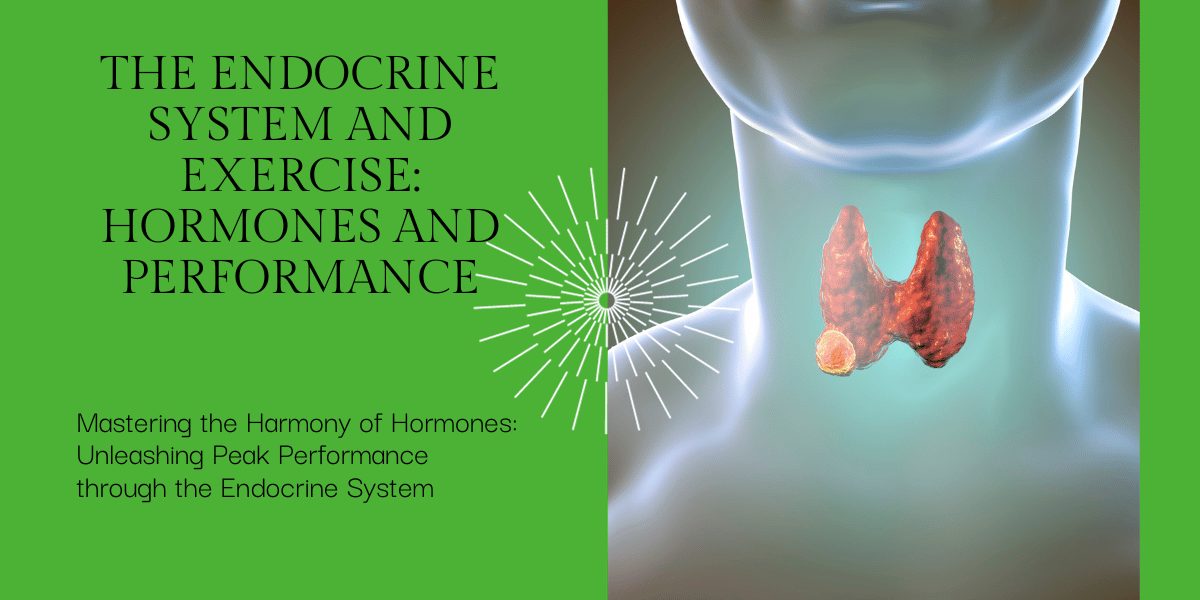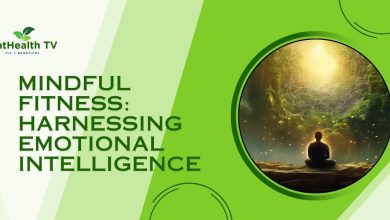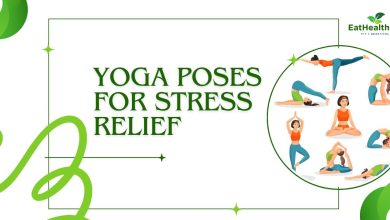The Endocrine System and Exercise: Hormones and Performance
Mastering the Harmony of Hormones: Unleashing Peak Performance through the Endocrine System
The Endocrine Symphony: Unraveling Hormonal Influences on Exercise Performance
The endocrine system, a complex network of glands and hormones, plays a symphonic role in shaping our bodies responses to exercise. Understanding the intricate interplay between hormones and physical activity is essential for optimizing exercise performance. In this blog post, we’ll explore the fascinating world of the endocrine system, deciphering the hormones involved. How they influence our energy, stamina, and overall athletic capabilities.
Hormones and Exercise Performance:
- Adrenaline (Epinephrine): Released during the fight-or-flight response, adrenaline boosts heart rate, dilates airways, and mobilizes glucose, providing quick energy bursts crucial for intense workouts.
- Cortisol: Known as the stress hormone, cortisol regulates metabolism and energy production. Proper cortisol levels are essential for maintaining stamina and preventing muscle fatigue.
- Insulin: Facilitating glucose uptake by cells, insulin ensures a steady energy supply during physical activity, promoting endurance and preventing rapid energy crashes.
- Testosterone: Vital for muscle growth and repair, testosterone influences strength and power, making it a key factor for athletes aiming to enhance their performance.
Endocrine System Imbalances and Exercise:
- Overtraining Syndrome: Excessive exercise can lead to elevated cortisol levels, disrupting the delicate hormonal balance and impairing performance.
- Thyroid Disorders: Conditions like hypothyroidism can cause fatigue and reduced stamina, affecting an individual’s ability to sustain exercise intensity.
- Hormonal Changes in Women: Fluctuating estrogen levels during the menstrual cycle can impact energy levels and exercise tolerance, requiring tailored training approaches.
Optimizing Hormonal Balance for Performance:
- Balanced Nutrition: A well-rounded diet supports hormonal equilibrium. Your meals should contain protein, good fats, and complex carbohydrates.
- Adequate Rest: Prioritize sleep and recovery to prevent overtraining and maintain hormonal harmony.
- Stress Management: Incorporate relaxation techniques like meditation and yoga to keep cortisol levels in check.
- Tailored Training: Design exercise routines that consider individual hormonal profiles, ensuring optimal performance outcomes.
Conclusion: The endocrine system orchestrates a delicate dance of hormones that profoundly impact exercise performance. By understanding these hormonal influences and adopting a holistic approach to training, individuals can unlock their full athletic potential. Whether you’re a professional athlete or a fitness enthusiast, embracing the symbiotic relationship between hormones and exercise can elevate your fitness journey to new heights.




